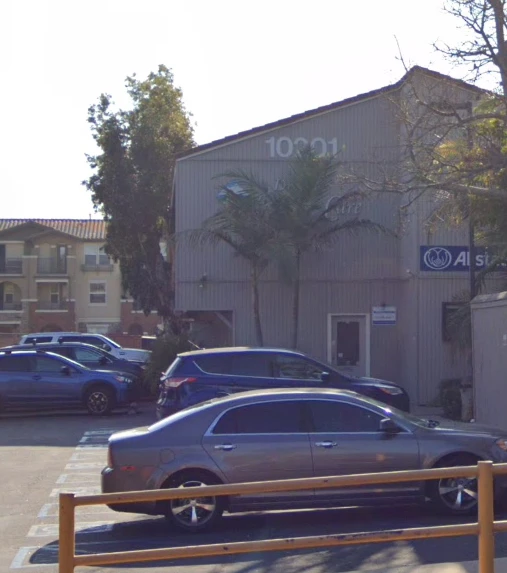In San Bernardino, California, the MHS – San Bernardino Center for Change provides a wide range of mental health and substance use programs, mainly for people who are in the criminal justice system or who are trying to recover from addiction and mental health problems. The center offers outpatient and intensive outpatient programs, early intervention services, and services required by the government, like DUI classes. It also provides choices for supportive housing and care after treatment to make sure that care stays consistent.
The center uses a number of treatment methods that have been shown to work, such as trauma therapy, cognitive behavioral therapy (CBT), and 12-step programs. There are both group and one-on-one therapy classes, as well as training in life skills to help people grow. The MHS – San Bernardino Center for Change puts a lot of emphasis on dual diagnosis treatment, which means treating both mental health and substance use disorders at the same time. Family members are also encouraged to be involved in the recovery process. The facility meets high standards for care and assistance for all of its clients and is accredited by The Joint Commission.
MHS - San Bernardino Center for Change - PRIDE Information
Accreditations
-
The Joint Commission
The Joint Commission accreditation for addiction and behavioral health is a prestigious recognition signifying a facility's commitment to delivering high-quality care and safety for individuals dealing with substance abuse and mental health issues. It involves rigorous evaluations and assessments, ensuring patients receive evidence-based treatment and exceptional care. This accreditation demonstrates a facility's dedication to continuous improvement and ethical practices, building trust among patients and healthcare professionals seeking top-tier addiction and behavioral health services.

Additional Locations
Find the best treatment options. Call our free and confidential helpline today!






